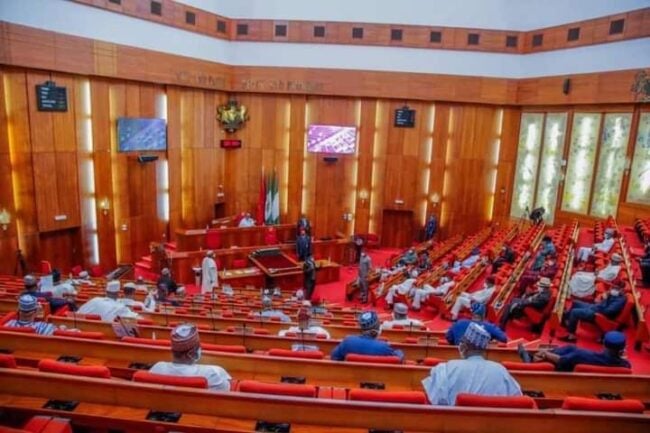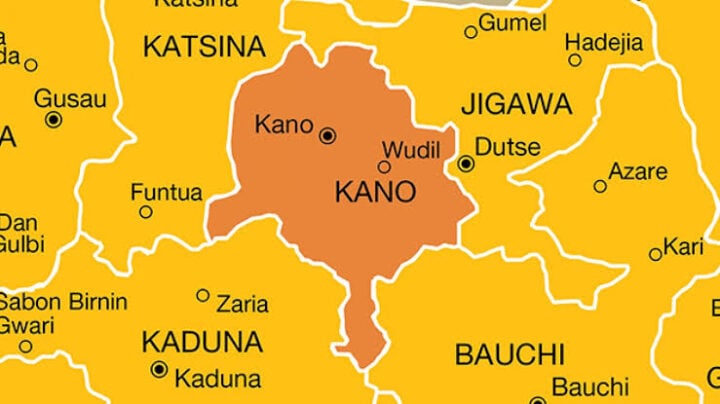Babs Omotowa, former managing director of Nigeria Liquefied Natural Gas Limited (NLNG), says the Petroleum Industry Bill (PIB) focus should be on growing the oil and has industry rather than sharing gains.
On Thursday, the senate passed the PIB, allocating three percent operating expenditure for host communities — although representatives of the host communities had demanded 10 percent.
In a statement on Sunday, Omotowa described the senate action as a positive development for the oil sector.
He said discussions around PIB had been around sharing and not how to grow the industry.
Advertisement
“Sadly, much buzz on the bill has been on the sharing of the cake (host community fund, commission/authorities opportunities), and there has been less on the aspect of growing the size of the cake (to attract investments),” he said.
“100% of 0 is zero, hence our focus should always be more on how we will grow the cake and bake more rather than on how we will share it.”
The former NLNG boss noted that a point of reflection is whether Nigeria should be passing a PIB or an Energy Industry Bill (EIB), as the world is transitioning to a future that will be less about hydrocarbons in the energy mix”.
Advertisement
Although oil and gas will still be needed for domestic use such as power, petrochemicals, and industries, he said it would have been great if there is a section dedicated to the growth of renewables.
“The future will be more of alternative energy and we need to get our act together quickly, to take advantage (jobs, etc.), along with continuing to develop our hydrocarbon, hopefully with CCUS and hydrogen,” he added.
“Another reflection is whether the bill’s fiscal are really competitive enough to attract investment levels needed to reach our aspirations of 40-billion reserves and 4-million BPD production.
“This is based on two challenges – in today’s world, investment in oil and gas is shrinking, as global financial institutions, international investors and oil companies are diversifying away from oil.
Advertisement
“Major oil companies are reducing their hydrocarbon footprints and prioritizing the most competitive countries.
“In addition, our fiscal have to be much more competitive than others because we have the unenviable disadvantage of unattractive ease of doing business environment, with our crippling bureaucracy, corruption, multiple rent-seeking regulators, community and security challenges.
“Whilst it may be a tall order to see any significant investments coming through from International Oil companies, the Bill should hopefully give more comfort to independent and indigenous oil companies, to continue to seek funds to invest.”
Omotowa also noted that due recognition should be given to the original founders of the PIB.
Advertisement
He said its final approval would allow Nigeria to “bring closure to the rigmarole and loss of investor confidence of the past two decades”.
He added that more important than the bill’s passage and assent is its implementation and execution by the relevant new bodies.
Advertisement
“If it all ends up with “jobs for the boys” and round pegs in square holes, then the expected gains from this long-drawn legislation may be a disappointing mirage and much ado about nothing. Hopefully, we will get this right,” he said.
Advertisement
Add a comment






